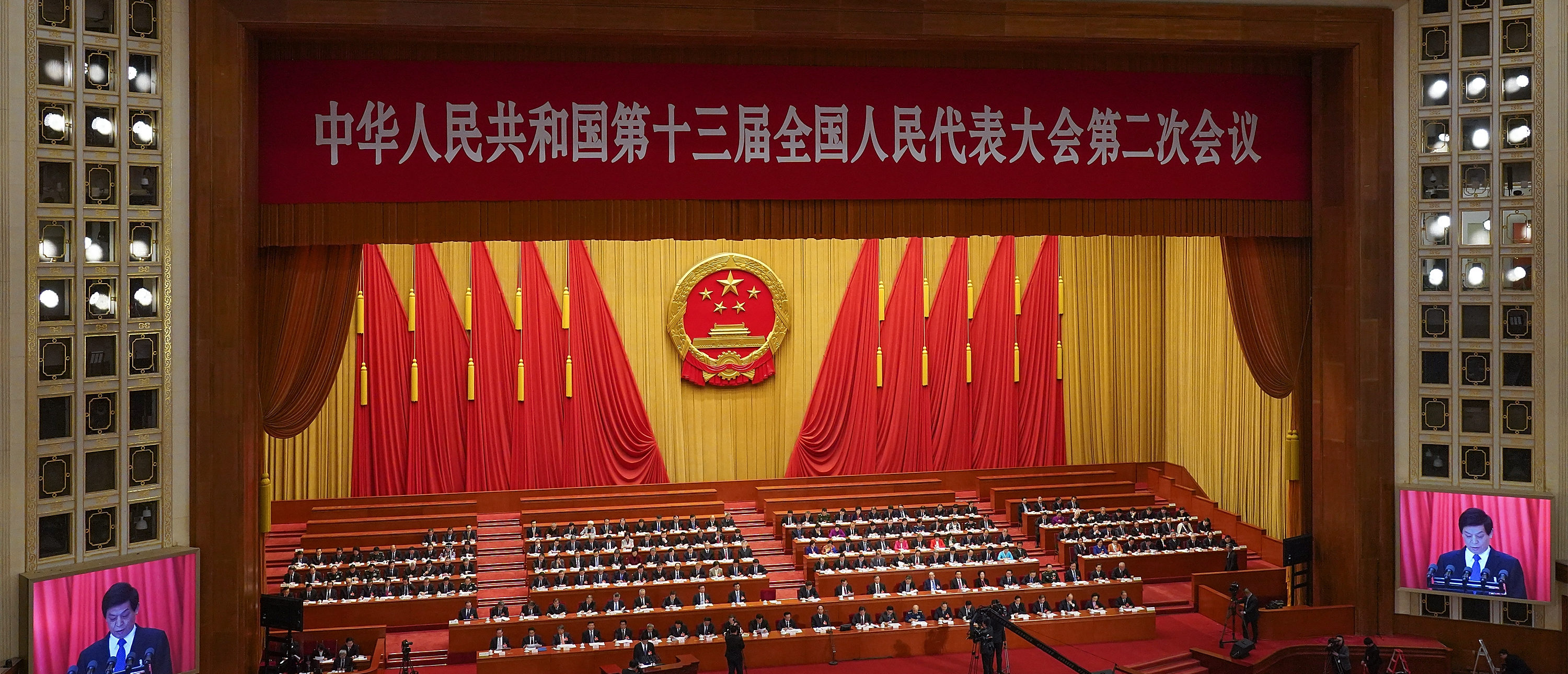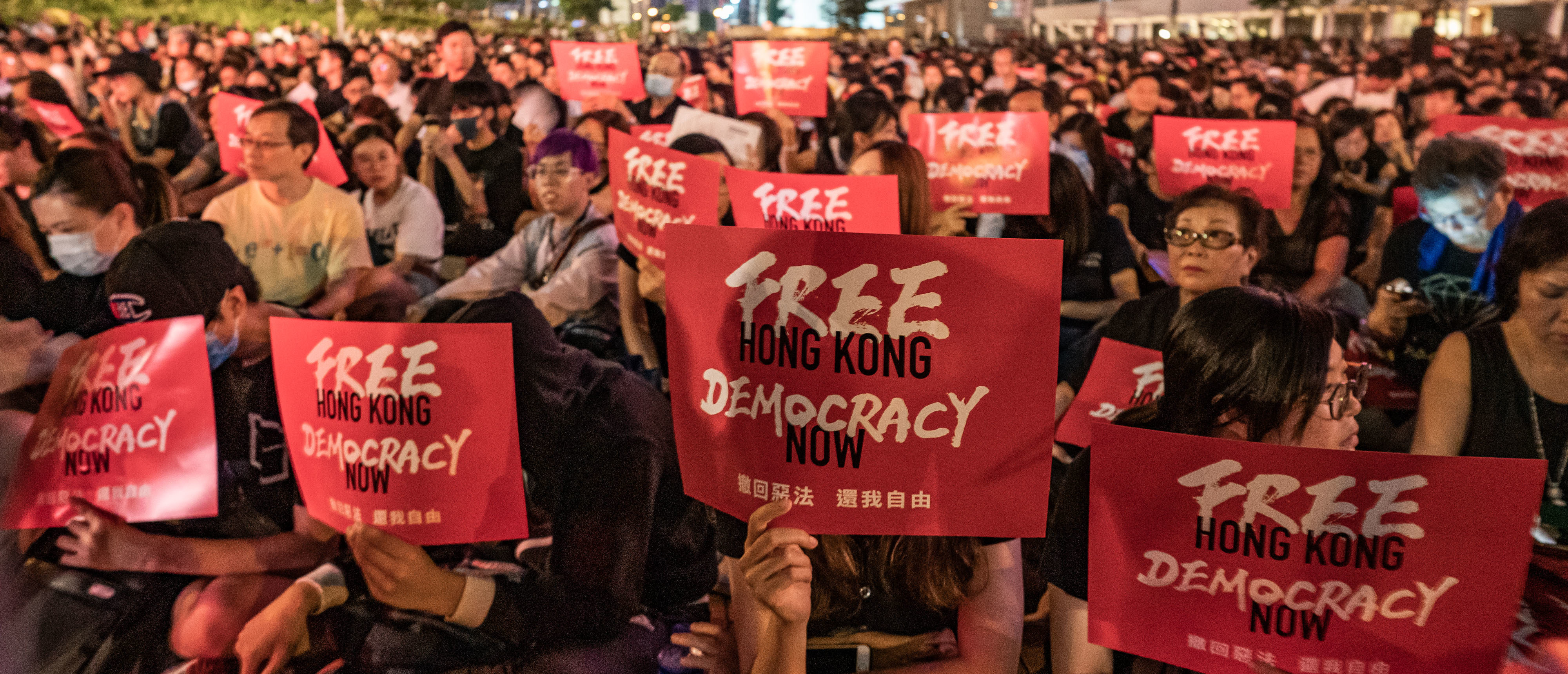The Chinese government approved a resolution Thursday to impose national security laws on Hong Kong. The vote came after a week of deliberation in China’s largely rubber-stamp legislature, the National People’s Congress, and is referred to as the decision to “establish and enhance the legal framework and enforcement mechanisms for national security” in Hong Kong.
The law allows state-security agencies from mainland China to operate in Hong Kong, overriding the authority of Hong Kong’s local government and allowing for China to more effectively punish political dissent, according to Fox Business.
Although security powers are typically vested in the Hong Kong Legislative Council through the city’s mini-constitution, known as the Basic Law, the new national security legislation bypasses that provision by allowing mainland China to directly deal with security-related issues. (RELATED: Pompeo Slams China’s ‘Disastrous’ Power Grab Over Hong Kong)
The resolution received 2,878 votes with six abstentions and one no vote. Although the Chinese legislature does not publicize the voting records of its representatives, Taiwanese media outlet SET News reported that the sole no vote came from Beichen “Michael” Tian, a member of the Hong Kong delegation to the National People’s Congress.

The National People’s Congress meets at The Great Hall Of The People in Beijing, China (Andrea Verdelli/Getty Images)
No votes and abstentions in China’s legislature are likely planned ahead of time by the Chinese Communist Party (CCP) as an attempt to legitimize the voting process. During the legislative session in 2018, for example, the proposal to remove term limits for Chinese President Xi Jinping received two no votes and three abstentions, another indication that dissenting votes are likely ceremonial or pre-planned.
The introduction of the resolution last week, along with a controversial national anthem bill, prompted widespread condemnation from protesters in Hong Kong, who took to the streets in defiance of Beijing during a city-wide demonstration Wednesday. In response, Hong Kong police fired pepper pellets and physically attacked protesters, a possible indication of how the pro-Beijing government in Hong Kong will respond once the national security law fully goes into effect.

Pro-democracy protestors in Hong Kong (Anthony Kwan/Getty Images)
Victims of Communism Memorial Foundation director Marion Smith spoke to The Daily Caller about the national security law Thursday, stating that the move proves “Xi Jinping has rejected the ‘one country, two system’ model.” He further condemned the CCP’s decision by adding that the national security law would “establish the conditions of martial law in Hong Kong.”


